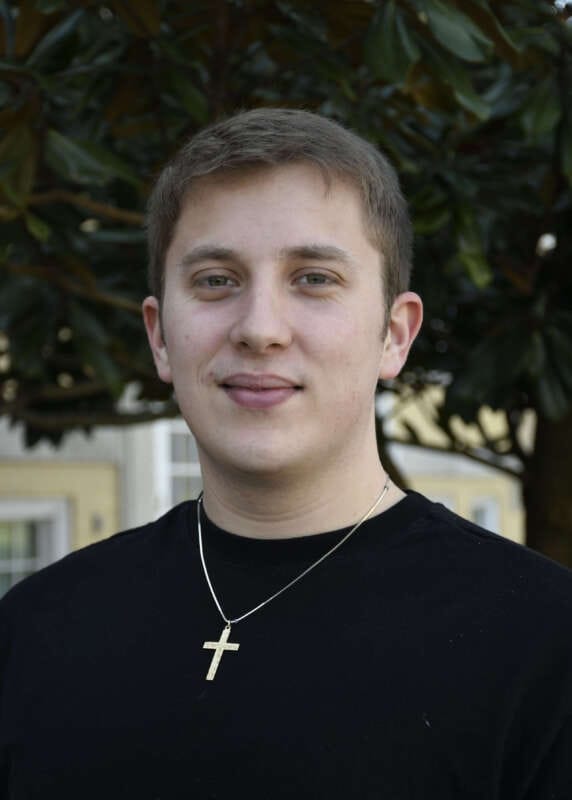ISSUED: 1 April 2024
MEDIA CONTACT: Cecelia Mason
SHEPHERDSTOWN, WV — Thanks to a West Virginia Higher Education Policy Commission (HEPC) grant, Shepherd University students will gain experience working in scientific research during the next three years.
The West Virginia Higher Education Policy Commission Science, Technology, and Research (STaR) Division awarded Shepherd $161,475 to continue the Shepherd Opportunity to Attract Research Students (SOARS) Program. The grant will support stipends for 10 students each summer as they participate in an eight-week research experience working with Shepherd faculty.
 “Working with a professor on this project during the semester is a lot slower than the progress I made through SOARS,” said Jacob Doyle, a chemistry major from Shepherdstown, West Virginia. “During the summer, I was able to work on my project for seven to eight hours in a day, which allowed rapid progress with reaction. But during the semester, these long days are near impossible to do.”
“Working with a professor on this project during the semester is a lot slower than the progress I made through SOARS,” said Jacob Doyle, a chemistry major from Shepherdstown, West Virginia. “During the summer, I was able to work on my project for seven to eight hours in a day, which allowed rapid progress with reaction. But during the semester, these long days are near impossible to do.”
Projects are chosen by the participating students, and they must have a letter of support from the professor who would advise their research. SOARS students spend eight weeks during the summer conducting field research with a Shepherd faculty advisor.
Dr. Robert Warburton, dean of the College of Science, Technology, Engineering, Mathematics, and Nursing, said having the grant provides students with invaluable experience.
“Students who are paid on the SOARS grant in the summer have extra hours and bits and pieces that they can do,” Warburton said. “That means they get extra experience, and the faculty advisor gets assistants working in the lab, which is also important because the faculty must be able to do research because of their professional development requirements. So, it’s a win on both sides.”
Students can participate in the SOARS program for consecutive years, allowing for a great deal of peer-to-peer mentorship. Students also can apply to do a study with a different university over the eight-week period, providing them the opportunity to work on a variety of projects. Having completed their internships, students will present their research at scientific meetings and turn it into their capstone, a final research project that almost all students attending Shepherd must complete before graduation.
“The SOARS program funded me last summer to start this research in the lab on campus under my mentor Dr. Haley Albright,” Doyle said. “Organic synthesis is a great skill to put on my resume that is not usually possible because of the lack of time allowed in the lab for normal capstone research, but with SOARS I was able to achieve this skill with ton of allotted time.”
In past years, findings were presented at the Annual Meeting of the West Virginia Academy of Sciences, the West Virginia Idea Network of Biomedical Research Excellence Summer Biomedical Symposium funded by the National Institutes of Health, and the West Virginia University Summer Undergraduate Research Symposium.
Dr. Colleen Nolan, former professor of biology, started the SOARS program in 2010. Nolan has since retired, but the program continues to provide students with invaluable experience that will benefit them after graduation.
SOARS is now in its fifth iteration. Each time the grant is awarded, 30 students can spend their summer gaining experience in their desired field. As Doyle prepares to graduate, he looks at this opportunity as a launching point.
“When I go to interviews with those in the science field, they will ask me to describe my research and usually I receive great feedback as they are impressed with the work I’ve done,” Doyle said.
Past participants have gone on to experience summer internships at cutting-edge facilities, such as the National Cancer Institute and Frederick National Laboratories, attend prestigious graduate programs, and work at places such as Sky Truth, a Shepherdstown-based organization that monitors environmental impacts around the world using satellite technology.
— 30 —
